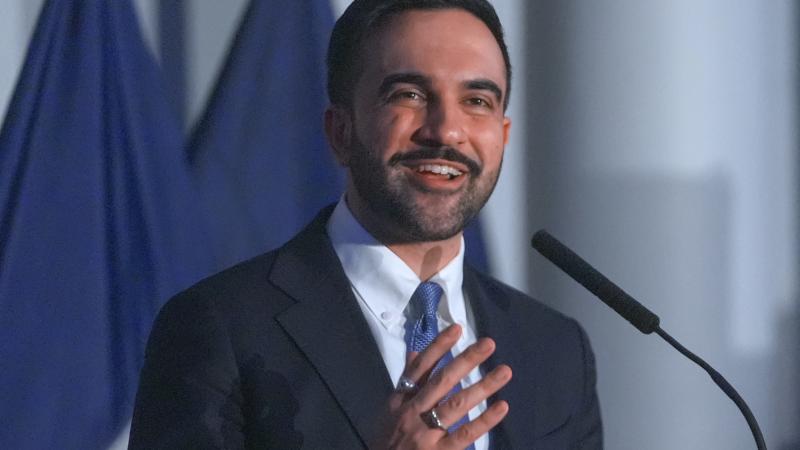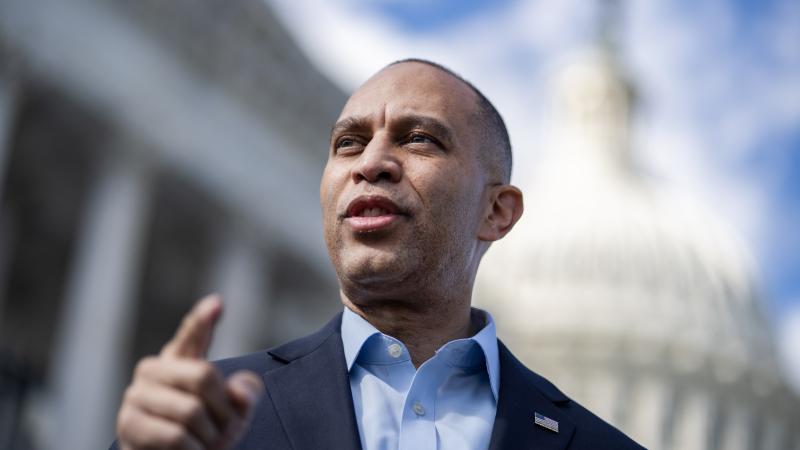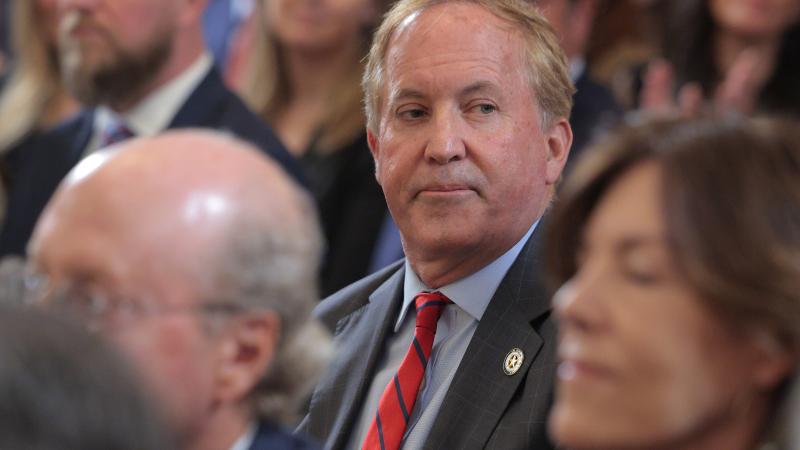Newsom vetoes bill to pay addicts to get sober
Newsom says state’s health care conditions aren’t right for a new program that would give addicts a monetary incentive to kick their habits.
California Gov. Gavin Newsom says the state’s health care conditions aren’t right for a new program that would give addicts a monetary incentive to kick their drug habits.
Newsom vetoed Senate Bill 110, along with dozens of others among the deadline for action.
Vetoed Friday, the bill would have authorized Medi-Cal to pay for “contingency management,” a term for monetary incentives such as gift cards for getting and staying sober.
Newsom said he’s supportive of the idea but wanted the pilot program, passed as part of the state’s record budget, to play out first.
“Given the promise of contingency management as a treatment for stimulant use disorders, the 2021-22 Budget includes funding to support a pilot contingency management Medi-Cal benefit from January 2022 through March 2024,” Newsom said. “The Department of Health Care Services has sought federal approval for this pilot project and will work expeditiously to implement it once it is authorized.”
The U.S. Department of Veterans Affairs has used a form of contingency management since 2011 for veterans coping with addiction.
Supporters of the method argue it is cheaper to incentivize people suffering from methamphetamine addictions, which the state is seeing an increase in, compared with hospitalization costs or other forms of therapy.
“I am deeply disappointed that the governor has chosen to veto SB 110,” Sen. Scott Weiner, D-San Francisco, said in response to Newsom’s veto. “So many people are dying from methamphetamine overdoses. And they’re dying right now. Time is of the essence.”
Whether lawmakers agree with Weiner could be a test of Newsom’s sway in the Legislature. The bill passed with unanimous bipartisan support, more than enough to override the governor’s veto.














